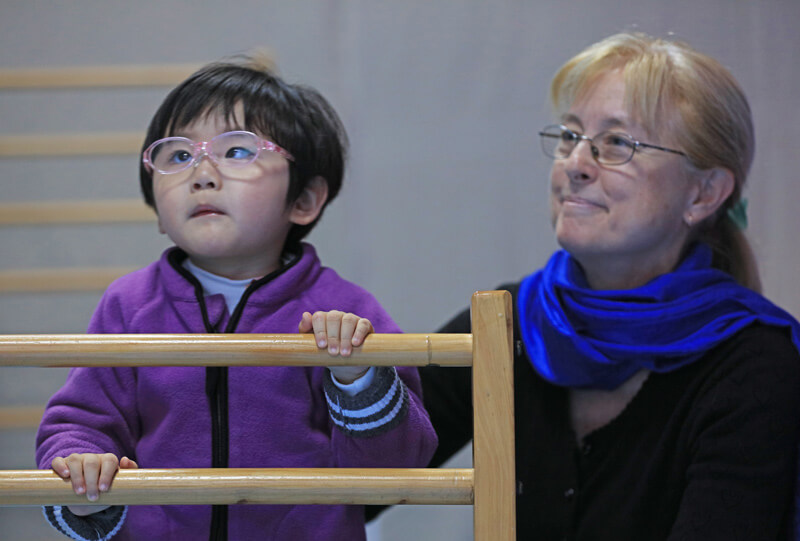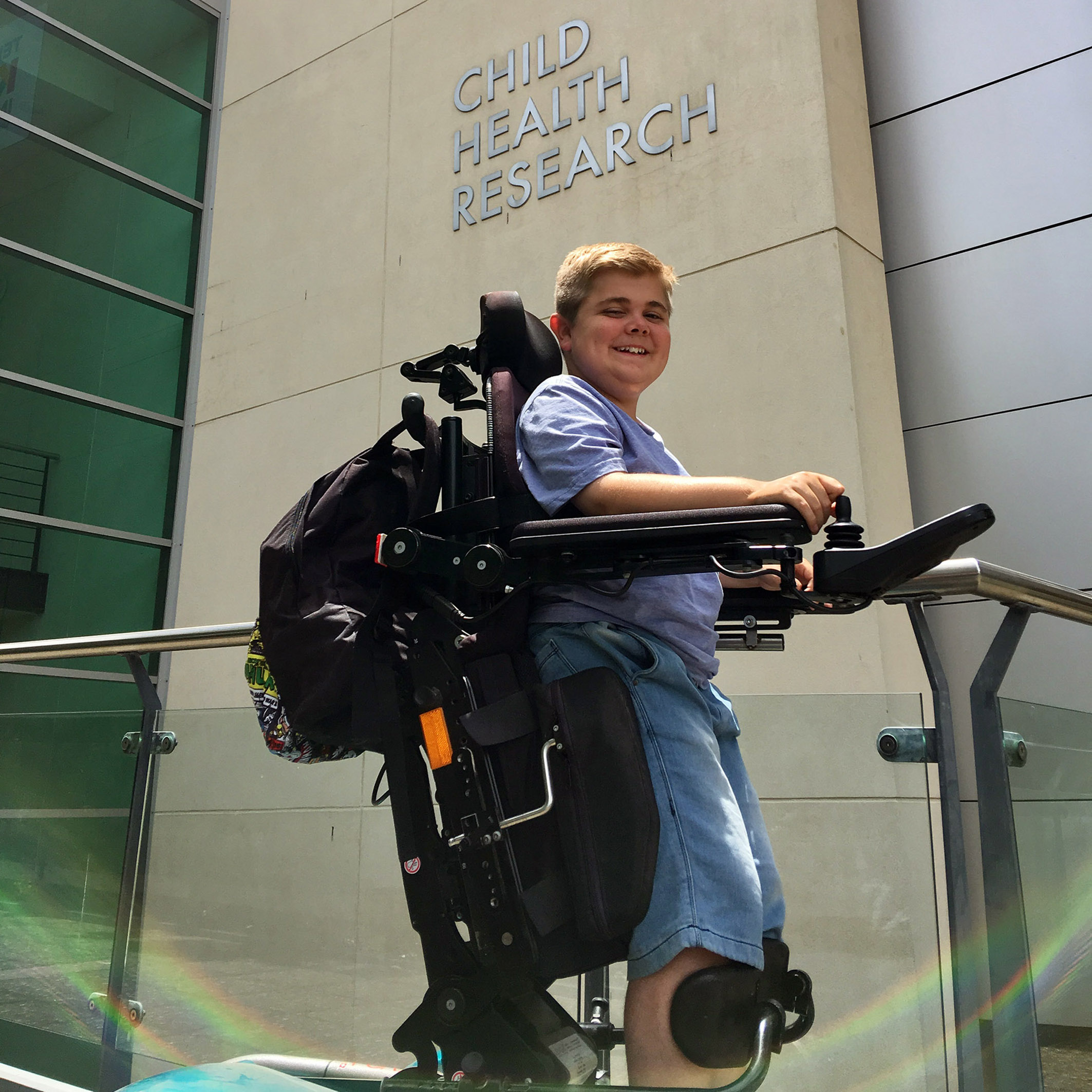Search
Research
We examined the impact of introducing a dedicated team to OPAT, to define the role of increased medical oversight in improving patient outcomes in this cohort.To evaluate the risk of stillbirth, PTB, and SGA as a proxy for FGR following exposure to one or more of these factors in a previous birth.
Research
CDKL5 variants: Improving our understanding of a rare neurologic disorderProviding new insights into the interpretation of genetic variants in a rare neurologi disorder, in the contexts of population sequencing data.
Research
Risk of Mortality into Adulthood According to Gestational Age at BirthTo quantify the independent risks of neonatal, postneonatal, 1 to 5 and 6 to 30 year mortality by gestational age and investigate changes in survival over time.
Research
Measurement of Sedentary Behaviors or "downtime" in Rett SyndromeThis study aimed to validate measures of sedentary time in individuals with Rett syndrome.
Research
New Opportunities for Evidence in Fetal Alcohol Spectrum DisorderRecent research, using objective 3-dimensional facial imaging, has found differences between the facial shape of individuals with FAS and the facial shape of individuals without FAS or with partial FAS

News & Events
Research enriching the lives of girls with Rett syndromeA program developed by The Kids Research Institute Australia researcher Dr Jenny Downs has led to dramatic improvements in the functioning of Chinese children with Rett syndrome, and could change the world.

News & Events
Funding to support research into the impact of standing wheelchairsThe Kids researchers are investigating the physical and psychological impacts of powered standing wheelchairs for boys suffering from Duchenne
Research
The impact of child self-regulation difficulties on parents: A qualitative studyThe capacity for children to self-regulate is an important developmental task of early childhood, with caregivers playing an integral role in self-regulation development. While caregivers' emotions and behaviors are known to impact child self-regulatory capacity, the impact of child self-regulation difficulties on parents is less understood.
Research
Psychometric validation of the quality of life Inventory − Disability (QI-Disability) among patients with Lennox-Gastaut syndrome and Dravet syndromeTo evaluate the psychometric properties of the Quality of Life Inventory -Disability (QI-Disability) for individuals with Dravet syndrome (DS) or Lennox-Gastaut syndrome (LGS), two rare developmental and epileptic encephalopathy conditions.
Research
The United Nations convention on rare diseases—A framework for research prioritizationCitation: Junaid M, Downs J, Groza T, Lassmann T, Baker S, et al. The United Nations convention on rare diseases—A framework for research
